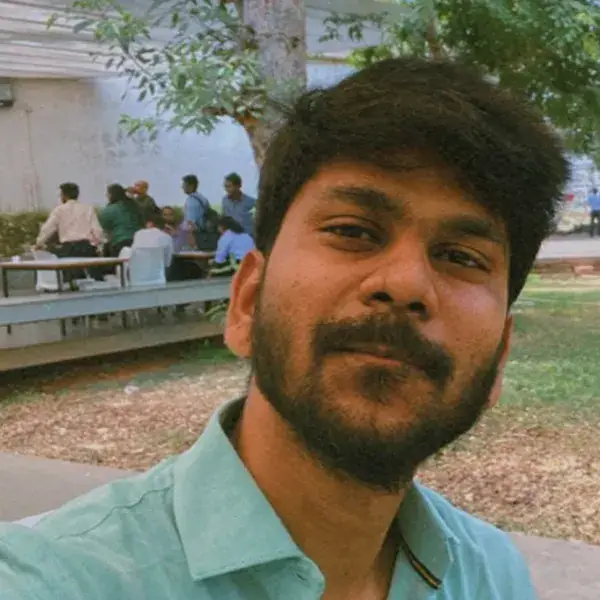
Leader in artificial intelligence OpenAI has made it possible to disable chat history in its well-liked chatbot ChatGPT.
OpenAI, a frontrunner in the field of artificial intelligence, has added the capability to its popular chatbot ChatGPT to turn off conversation history. On Tuesday, the business announced in a blog post that it will not utilize discussions that were started with chat history turned off to train and enhance its models. They will also be hidden from the past links section. The settings can be adjusted whenever needed in ChatGPT. All users are now able to access the mode.
An official from the San Francisco firm said, "We hope this provides an easier way to manage your data than our current opt-out process." When the feature is turned off, fresh chats will be kept for 30 days before being deleted permanently and reviewed for any signs of misuse. For business owners who wish to manage their end users and for professionals who need additional data control, OpenAI is also launching a new ChatGPT Business subscription. ChatGPT Business will be available in the upcoming months and will abide by API data consumption regulations. This, as far as OpenAI is concerned, means that it will not use user data to train its models by default. ChatGPT is now available to enterprises, thanks to the company's investor Microsoft.
OpenAI outlined a streamlined process for exporting ChatGPT data via a new Export setting. A user's email will contain a file detailing their discussions as well as any other relevant data. OpenAI's chief technology officer, Murtai admitted that the software's dependability has been enhanced thanks to user data, but that further challenges remain. Putting people "in the driver's seat" in terms of data collecting is the goal of the new features, which Murati claims took months to develop. Murati predicts that "we'll be moving more and more in this direction of prioritizing user privacy," with the ultimate goal being "it's completely eyes off and the models are super aligned: they do the things that you want them to do."
In an interview published by The Associated Press on Monday, she said regulation of AI systems is necessary and that "a lot more needs to happen." According to Reuters, OpenAI's chief technology officer Mira Murati predicts the service would be well-received by the cloud provider's existing customers.






